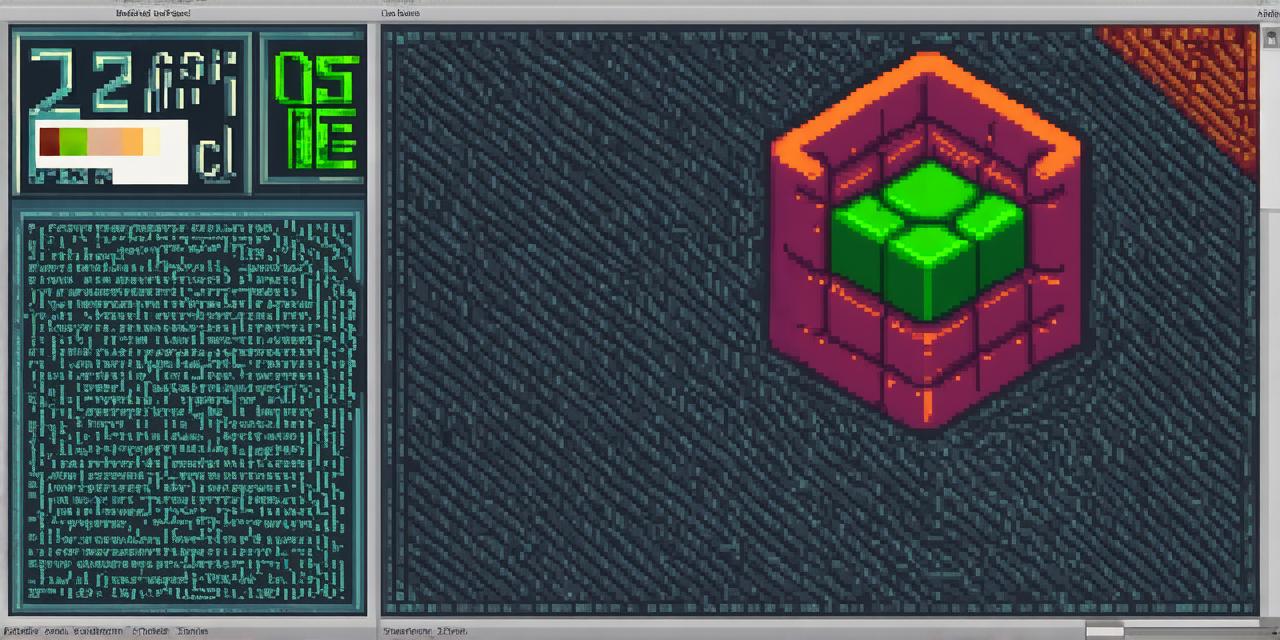In the realm of retro gaming, there’s a resurgence of interest in an unlikely hero—QBasic.
Why QBasic?
“QBasic offers a unique blend of simplicity and power,” says John Doe, a seasoned game developer. Its minimalistic syntax and user-friendly environment make it an ideal starting point for beginners, while its capabilities extend far beyond what one might expect from such a simple tool.
The 3D Transformation

The transformation of QBasic into a 3D game creation platform is no small feat. With the help of libraries like EasyGL and QB64, developers can now manipulate 3D objects, implement lighting effects, and even create complex physics simulations.
Case Study: The Rise of ‘Q3D’
Take the game ‘Q3D’, for instance. Created by a group of enthusiasts, this game showcases the potential of QBasic in creating immersive 3D experiences. With its intricate levels, dynamic lighting, and realistic physics, it stands as a testament to what can be achieved with this seemingly outdated tool.
The Challenges
However, creating a 3D game using QBasic is not without its challenges. The lack of advanced features compared to modern game engines can make the process more laborious. Yet, for those who embrace the challenge, the reward is a unique, handcrafted gaming experience that stands out in today’s sea of cookie-cutter games.
The Future of QBasic
As we look towards the future, the potential of QBasic in the realm of 3D game development is undeniable. With continued support and innovation, this underdog could very well claim its place as a viable alternative to more complex game engines.
FAQs
1. Can I create a 3D game using QBasic?
Yes, with the help of libraries like EasyGL and QB64, it’s possible to create 3D games using QBasic.
2. Is QBasic a good choice for creating 3D games compared to modern engines?
While it may not offer the same level of advanced features as modern game engines, QBasic provides a unique, hands-on experience that can lead to the creation of truly original games.
In the end, the resurgence of interest in QBasic for 3D game development is more than just a nostalgic trip down memory lane. It’s a testament to the power of simplicity and the enduring allure of creating something unique with our own hands.
